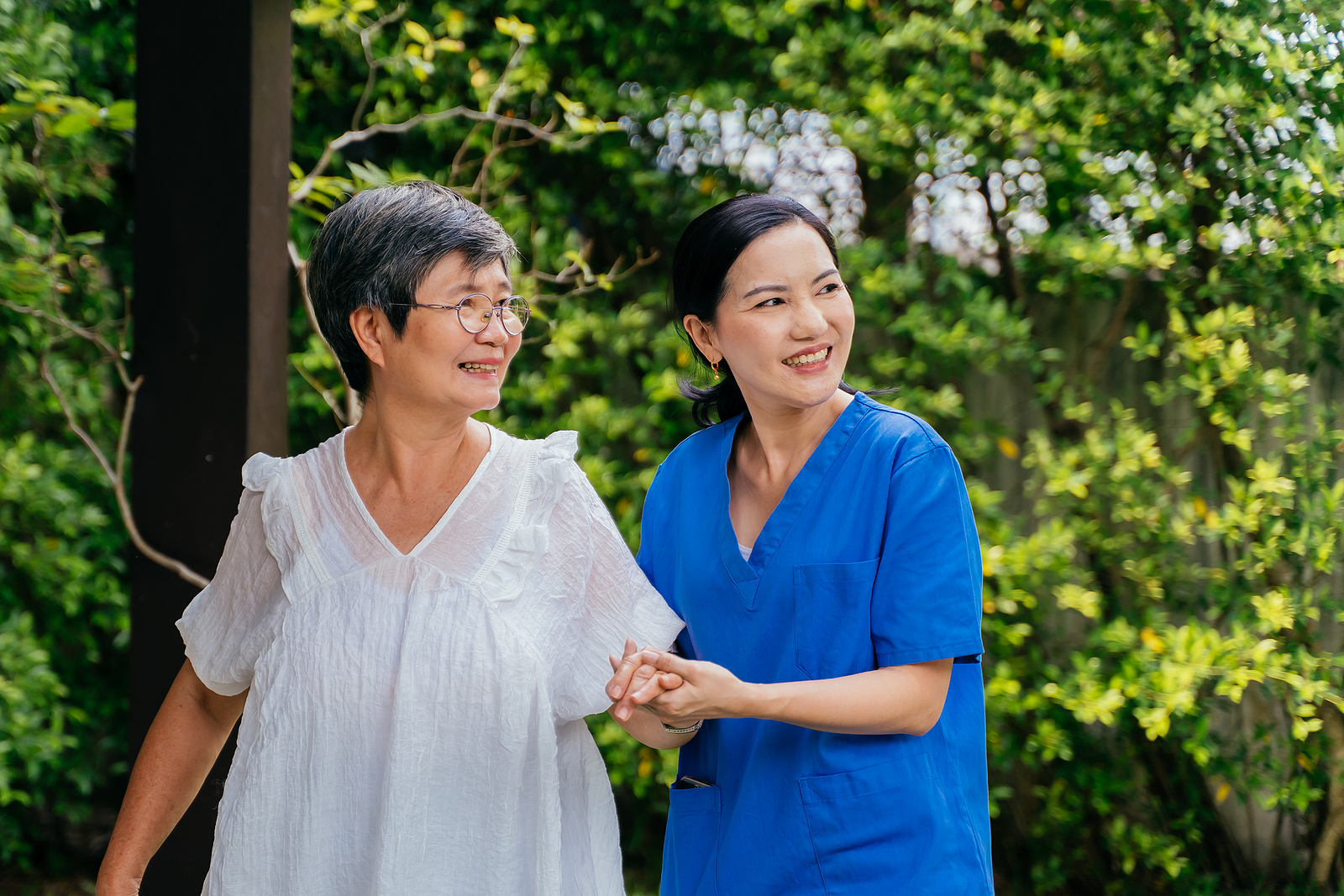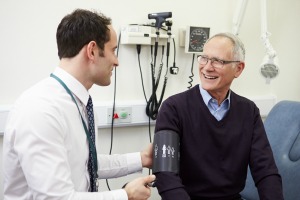
Senior Nutrition: Essential Tips
Everyone knows that it’s important to eat healthily, but we can all agree that it’s not always the easiest thing to do. Many times, your dietary needs may change, and what you could eat before may not be the best for you now. Age is a big factor when it comes to dietary needs, and as you get older, proper senior nutrition is increasingly important to be healthy.
Senior Dietary Needs
So, why is it that seniors have different dietary needs than younger adults? Well, there are many reasons. According to the United States Department of Agriculture, eating healthy as a senior can “reduce the risk of developing chronic diseases such as high blood pressure, diabetes, hypertension, and heart disease.” As we grow older, the risk of these chronic conditions increases so having a healthy diet is essential in preventing serious health issues. Since the chance of health conditions is higher in seniors, their diet may have to be modified to remove any food items they may have enjoyed their entire lives. Nobody likes to cut favorite foods out of a diet, but now is a better time than ever to find some healthy substitutes for your not so healthy favorites.
Senior Health Tips
Now, you may be wondering what changes you can make to live a healthier lifestyle. There are many aspects to your diet that can be changed subtly without requiring a drastic change of diet. This change can make the transition to a healthier diet easier than taking a “cold turkey” approach. Here are some examples of healthier choices in a senior’s diet:
• Make sure to choose foods that are high in essential vitamins or take a daily multivitamin
• Include fruit as a side with meals to increase intake of vitamin C and a healthy amount of antioxidants
• Replace dairy products with fat-free versions to reduce the fat intake while continuing to promote bone strength
• Replace soda or juice with water to minimize sugars consumed. Add calorie free flavoring or fresh lemons to make water more of a similar substitute
The suggestions listed above are just a few ways you can get started on your journey to being a healthy adult. Weekly routine exercises are also important to you can upkeep your muscle and bone strength as well!
The Choice is Yours
Anyone currently living in an assisted living community may already recognize many of the recommended suggestions as being included in your meals, but it’s always a good idea to ask your care provider or physician what else can be done to improve your diet. If you are currently living on your own or in an independent living community, you will still have to be accountable for implementing these healthy suggestions. So choose to improve your healthy lifestyle even further!
Dietary Health Benefits

Changing your diet may not always have obvious and immediate signs of improvement, but we assure you that it’s the best thing you can do for your body. Here are a few examples of what eating healthy can do for you:
Changing your diet may not always have obvious and immediate signs of improvement, but we assure you that it’s the best thing you can do for your body. Here are a few examples of what eating healthy can do for you:
• Weight loss
• Reduced risk of cancer, diabetes and many other conditions
• Lower blood pressure
• Healthier heart
• Stronger bones and teeth
• Better mood
• Improved memory
Although we’ve listed several benefits to eating healthy above, many other benefits aren’t on the list! We encourage you to do your research and learn more about the benefits of eating healthy.
We know that making a change isn’t always easy. It’s probably one of the hardest things for someone to do. Don’t get discouraged along the way and make sure to keep the benefits of a healthy diet in mind when making sacrifices. Any investment towards a healthier future is a good investment!
To learn more about senior living tips and trends, please subscribe to our blog!




